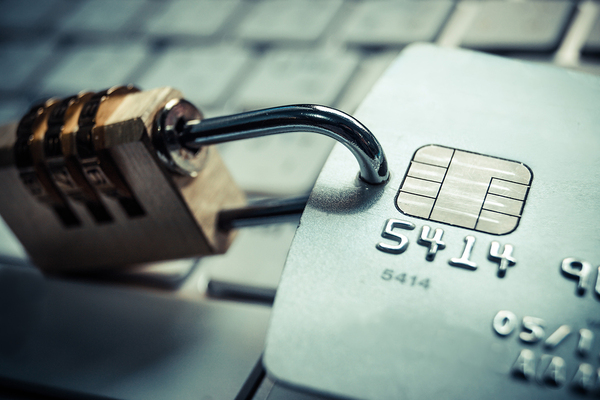View Sale Announcement Detail


Archived news

Cybersecurity continues to be a real threat to banks, prompting the need to ensure data is secure from all levels at financial institutions, including the vendors they hire.
Recent high-profile security breaches highlight the increased need to beef up cybersecurity measures, not just within the confines of the organization, but with all third-party vendors that are dealt with on a regular basis.
Target’s recent breach involved a managed HVAC provider, thousands of Lowe’s personal customer data was released by a third-party vendor, and Zappos' security breach resulted from a cloud-based provider.
While these retail stores are in a completely different line of business compared to the financial industry, cybersecurity is one common ground that they all share.
Banks understand and recognize the increasing importance of cybersecurity, but such efforts need to extend past the borders of the banks themselves to include all third party vendors that have access to bank systems and data. This includes vendors such as IT support, cloud service managers, and even HVAC and security contractors. As such, security measures need to conform accordingly.
Most banks are working diligently to improve vendor management practices and boost cybersecurity measures. One tactic includes scaling back on the number of vendors required while maintaining data security as bank services are expanded.
Digital banking is a fast-moving realm that can make maintaining cybersecurity challenging. Analyzing data to detect potential threats typically takes hours of work from a number of bodies, making this endeavor extremely expensive.
By implementing and using innovative technology that places all data into one analysis engine to support advanced searching management, banks will be able to take advantage of a single view of all security data. This can help eliminate the need for a dedicated team and hours of work, and inevitably lead to major cost savings while taking advantage of heightened cybersecurity measures. Machines can easily pick up on patterns and analyze large data sets rather than relying on human personnel to inspect them.
The reality is, cybersecurity needs to be a major priority that’s not just left to IT departments, but rather handled at upper executive levels.

While once seen as a potential gap in security, the cloud is increasingly being viewed as secure, with more and more major banks adopting shared cloud services.
Banks Increasingly Viewing the Cloud as More Secure
After almost a decade of being on the fence about the cloud, the financial industry is finally moving forward and embracing the use of such services. U.S. banks are increasingly being reassured that the cloud is not only secure, but it can also make systems much faster and more cost-effective in comparison to their own servers. This is welcome news considering the industry’s extended cost-cutting environment.
In fact, IDC Financial Insights has discovered that the largest banks in the world can save as much as $19 billion by 2019 by adopting the cloud, and can even slash costs associated with technology infrastructure by 25 percent.
Some of the biggest banks in the country, including the likes of JPMorgan Chase, Goldman Sachs, Liberty Mutual, and Capital One have already jumped on the shared cloud services bandwagon. The alleviation of cybersecurity concerns is the number one reason why banking giants like these have embraced the cloud. For years, the financial industry was fraught with concern about data security, but these days, the cybersecurity measures appear to be much more robust when it comes to the cloud.
Customers on the Winning End of Cybersecurity
Adopting sophisticated cybersecurity measures is certainly a critical step for banks to make given the heightened threats that loom over the industry. But while innovative cybersecurity technologies further enable financial institutions to secure their data while keeping costs under control, it is the consumer base that will inevitably reap the rewards of a more secure banking system. With greater cybersecurity measures in place, banks will be better able to provide greater piece of mind to their clients.
Maintaining Prudence in Loan Sales and Acquisitions
There is certainly no argument that banks must vet their vendors for data security. This becomes especially important when buying or selling loans is considered, as it is prudent for banks to review vendors. When transacting any loan type, including commercial or residential that are either performing or nonperforming, an experienced loan sale advisory team is a crucial presence to ensure the utmost in compliance and profitability while maintaining security throughout the process.
Discover more about how to embark on profitable loan sales and acquisitions -- sign up for our newsletter today.

